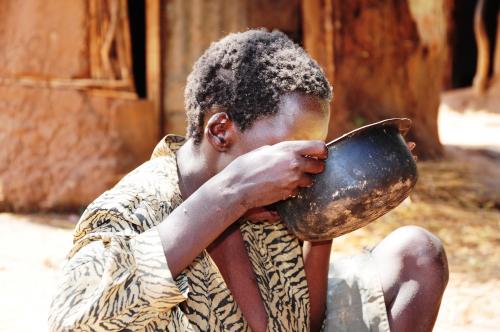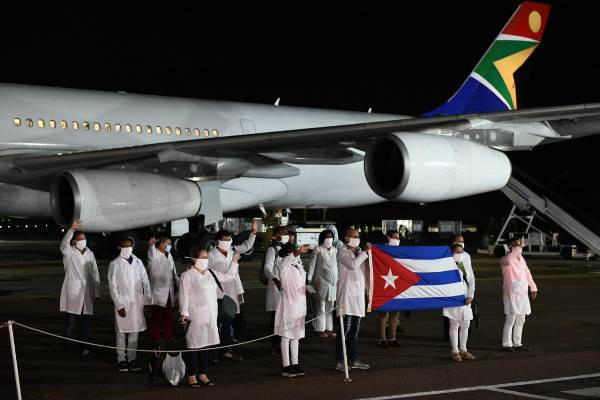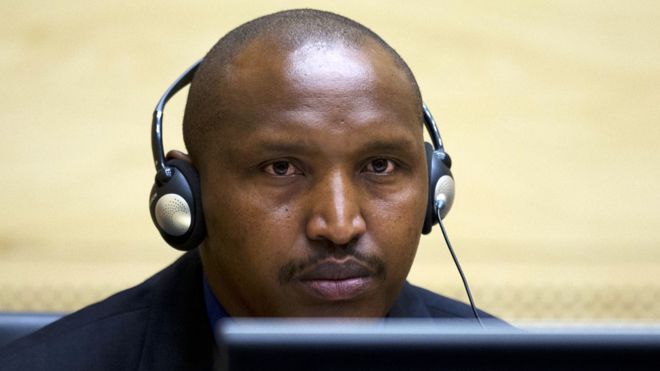The World Health Organization (WHO) has warned that the Greater Horn of Africa is experiencing one of the worst hunger crises of the last 70 years.
More than 37 million people are facing acute hunger, with approximately seven million children under the age of five acutely malnourished in the region. The Horn of Africa includes Djibouti, Somalia, Sudan, South Sudan, Ethiopia, Uganda, and Kenya.
Some of the countries in this region have had four seasons where the rain didn’t come as predicted and a fifth season is estimated to also fail, yet the problem keeps worsening and worsening in places where there is drought. In South Sudan alone, food insecurity has reached the most extreme levels since independence in 2011, with 8.3 million people comprising 75 per cent of the population facing severe food insecurity.
“In places like South Sudan, there have been three years of consecutive flooding with almost 40 per cent of the country being flooded, according to WHO Incident Manager Sophie Maes.
As a result of this, millions of people in the region are projected to reach the third level of the Integrated Food Security Phase Classification scale (IPC3) and higher in the coming months. This means that the population is in crisis, and only marginally able to meet minimum food needs by depleting essential livelihood assets or through crisis-coping strategies.
WHO attributes the situation to climate change, conflict, rising food prices and the COVID-19 pandemic. The agency is now calling for USD 123.7 million to respond to rising health needs and prevent a food crisis from turning into a health crisis.
“The situation is already catastrophic, and we need to act now,” said Ibrahima Soce Fall, the WHO Assistant Director-General for Emergencies Response. “We cannot continue in this underfunding crisis.”
While finding food and safe water is the absolute priority, the organisation said that ensuring a strong health emergency response is needed to avert preventable disease and deaths. The WHO is concerned about the increasing levels of malnutrition, and disruptions resulting in deteriorating hygiene and sanitation as outbreaks of infectious diseases, like cholera, measles, and malaria.
It warns that the weak vaccination coverage and health services with insufficient resources in the region could see a widespread increase in the number of disease outbreaks in the country and across borders. Care for severely malnourished children with medical complications will be severely impacted and result in high child mortality rates.
It adds that disruptions in access to health care can further increase morbidity and mortality, as emergency conditions force populations to modify their health-seeking behaviour and prioritize access to life-saving resources such as food and water.
-URN





